National Assembly delegate Ha Sy Dong said that no matter how excellent a newly recruited civil servant is, his salary is still not enough to rent a house in big cities. This is one of the reasons why it is difficult to attract talent.
Low starting salaries make it difficult to attract talent
Discussing socio -economic issues on the afternoon of November 4, National Assembly delegate Ha Sy Dong (Quang Tri delegation) pointed out the current situation of many public sector workers moving to the private sector, most of whom are high-quality workers.
In addition, attracting talent to the public sector still faces certain difficulties. The starting salary of civil servants is not enough to rent a house in big cities.
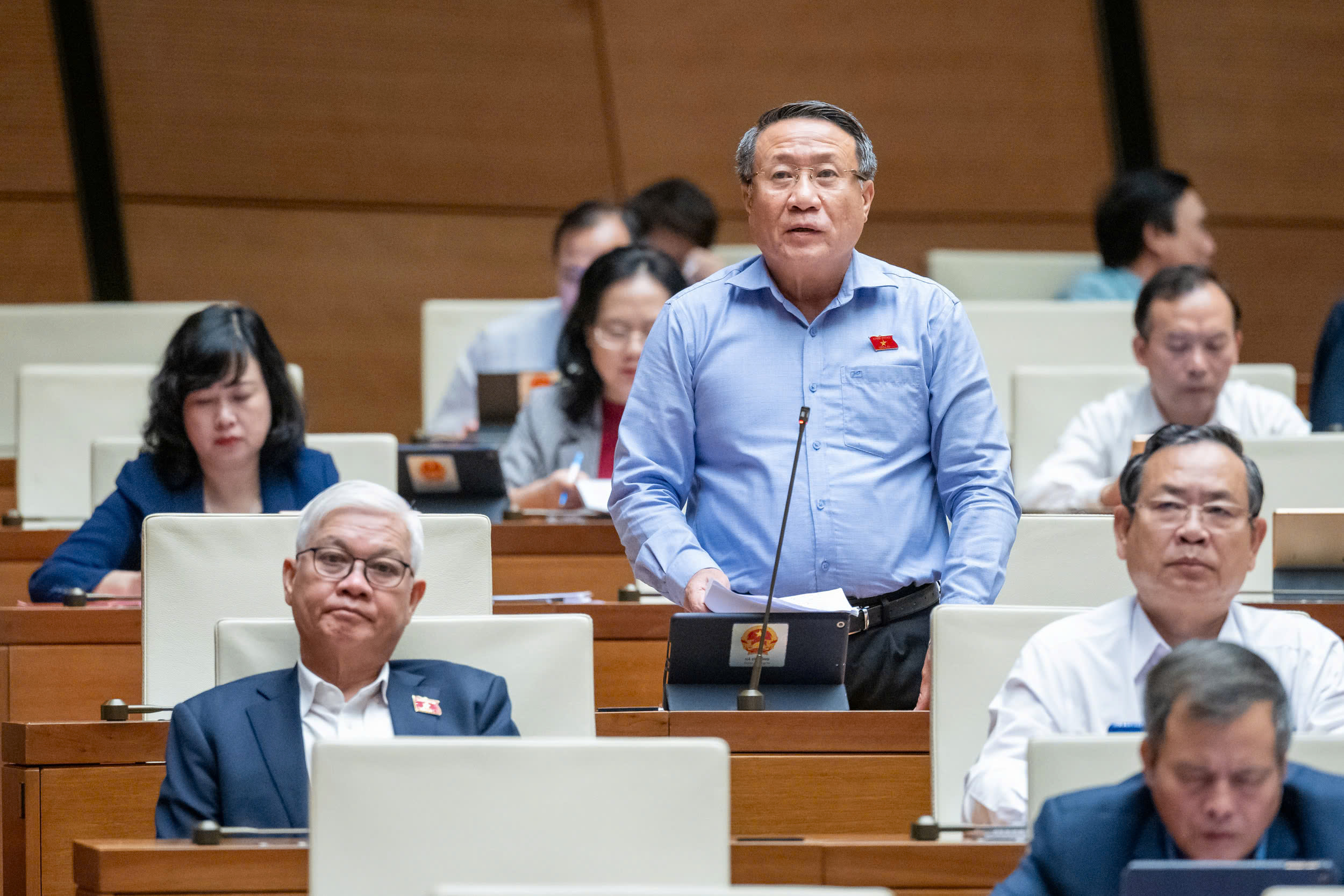
National Assembly Delegate Ha Sy Dong ( Quang Tri delegation).
Mr. Ha Sy Dong reiterated at the group discussion that Minister of Planning and Investment Nguyen Chi Dung affirmed that the investment laws have many new breakthroughs, liberating production capacity and unlocking resources, especially in new fields.
"But in my opinion, to remove institutional bottlenecks, it is necessary to remove human resources. Because, human resources are actually also being clogged," said the delegate.
Delegate Dong said that recently, the reorganization of the apparatus, streamlining of staff, and salary reform have been mentioned a lot. The report of the Ministry of Home Affairs said that the reorganization and streamlining of the state administrative apparatus has basically achieved the set goals.
However, at this session, many delegates spoke, and there were prolonged debates about how to cure the fear of mistakes and responsibility of civil servants. The results of the quality classification of civil servants in 2023 showed that only 6.57% did not complete their tasks, the rest completed and completed their tasks excellently. From the above reality, delegates asked whether the situation had been assessed correctly?
"It is undeniable that this year's effort to increase the basic salary by 30%. But even so, a newly recruited official or civil servant, no matter how excellent, will only have a salary enough to pay for affordable housing and spend very frugally," said delegate Dong.
Therefore, many localities have asked for their own mechanisms to attract talents. Delegates proposed that the Government should have breakthroughs in human resources to remove the bottlenecks that are hindering the country's development.
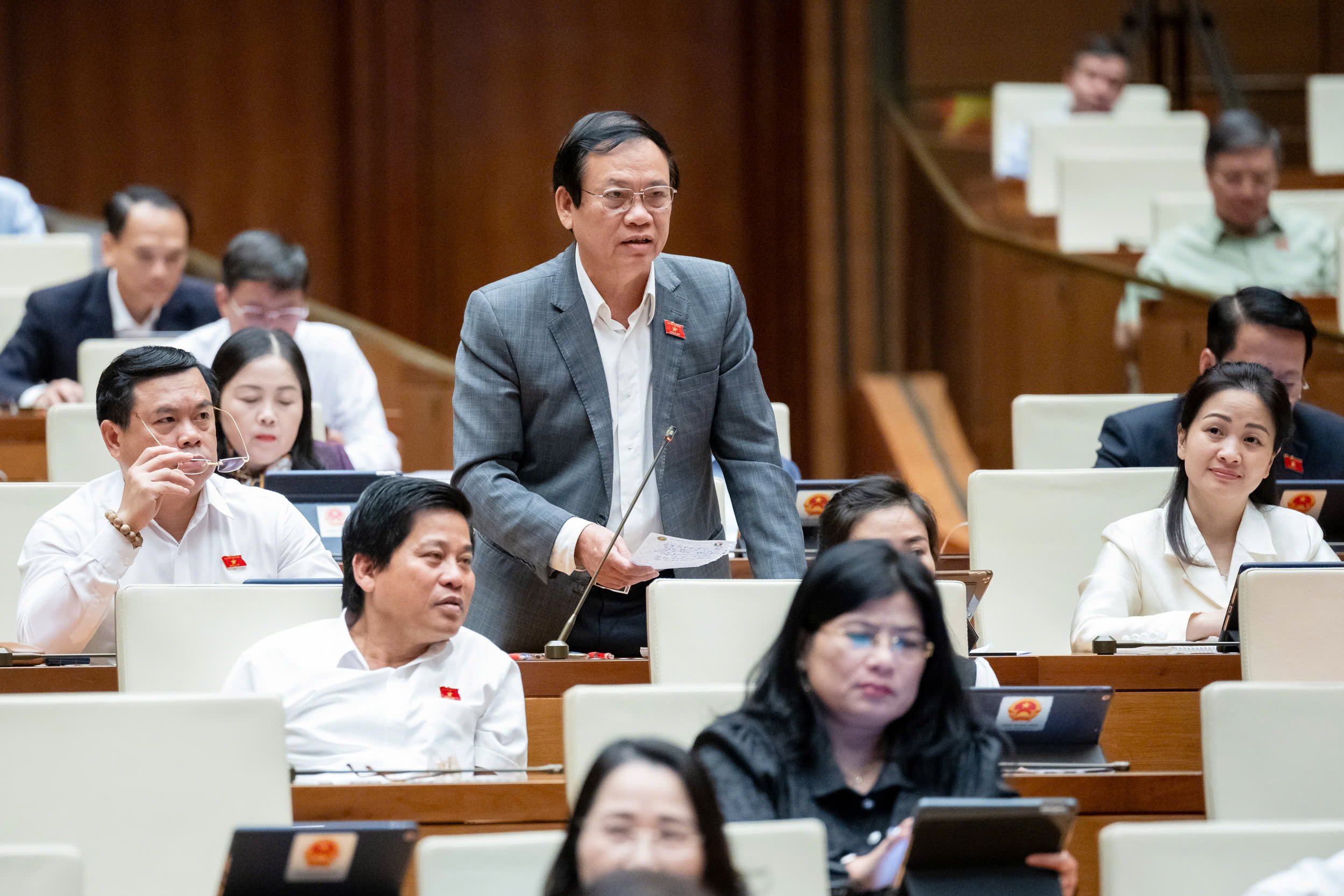
National Assembly Delegate Vu Trong Kim (Nam Dinh delegation).
Speaking at the debate on human resources, delegate Vu Trong Kim (Nam Dinh delegation) suggested that it is necessary to quickly study population policy, facing the challenge of population aging.
Mr. Kim believes that only with good human resources can we maintain a growth rate of 6-7% in the coming years, while at the same time preparing carefully to master modern industry and high income will come in the near future.
Regarding the issue of streamlining the administrative apparatus at district and commune levels, delegates suggested the need to "revolutionize" the apparatus and staff from the central to local levels.
If the staff is reduced, the delegate pointed out two advantages: reducing the number of harassers and increasing salaries for diligent officials. Thus, officials will be more professional and effective.
Promoting public-private partnership to improve the quality of human resource training
National Assembly Delegate Trinh Thi Tu Anh (Lam Dong delegation) said that in the context of rapid integration and development of the digital economy, the semiconductor industry has emerged as one of the strategic pillars of the 21st century. The semiconductor industry is not only the foundation for technological devices but also plays a core role in the digital economy of each country.
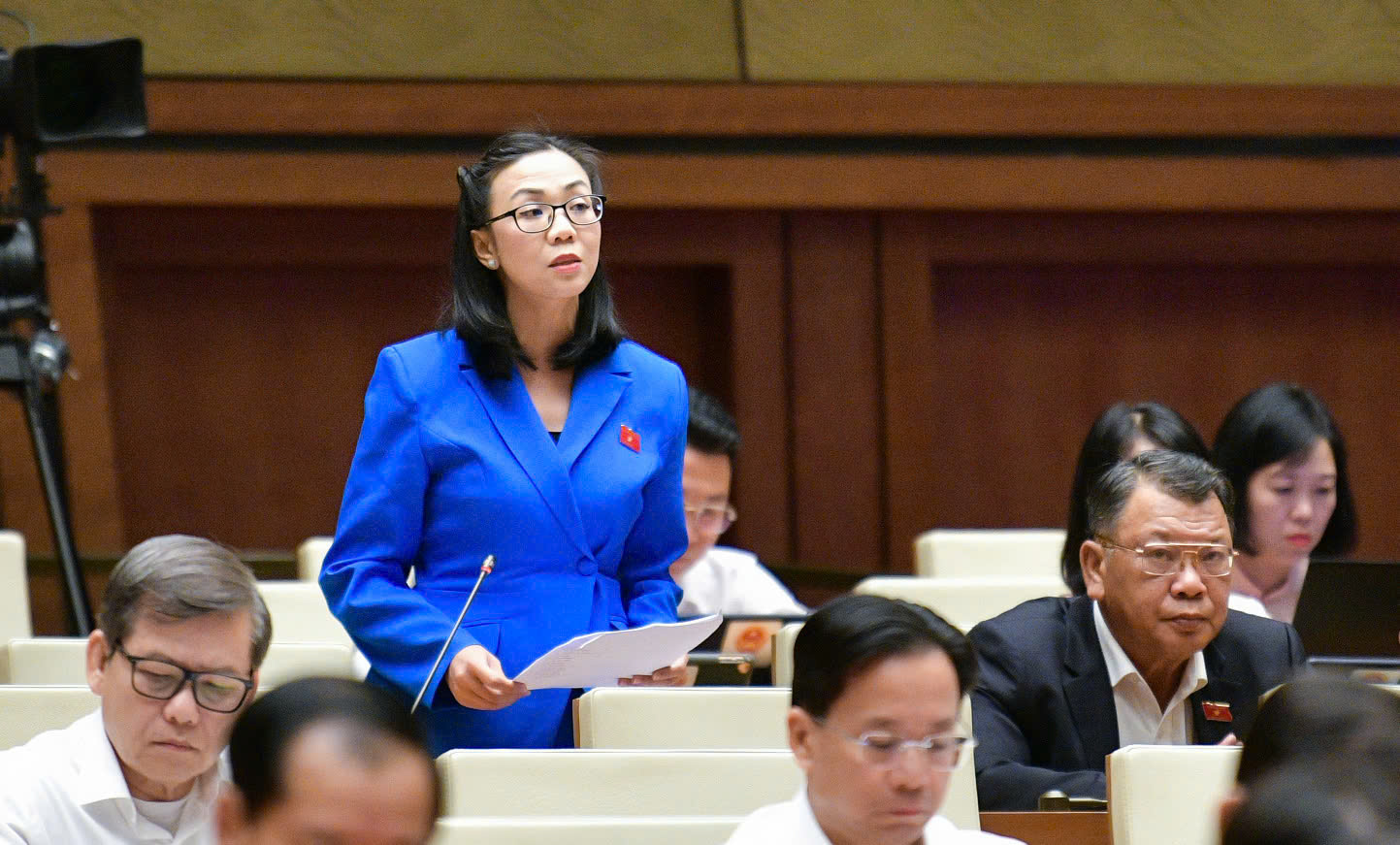
National Assembly Delegate Trinh Thi Tu Anh (Lam Dong delegation).
Ms. Trinh Tu Anh said that Vietnam has great opportunities but also faces many challenges in developing the semiconductor industry. If it takes advantage of the opportunities and invests heavily in human resources, ecosystems and energy, Vietnam can become an ideal destination for the global semiconductor industry.
However, Vietnam is currently facing many challenges such as a shortage of technology and high-quality human resources, especially chip design engineers and material scientists. Training programs have not been updated and the quality has not met international standards.
In addition, cooperation between universities and enterprises is limited, leading to a gap between theory and practice. Stable power supply and clean energy have not met the needs of the semiconductor industry.
Delegate Trinh Tu Anh suggested that it is necessary to soon develop and implement specialized training programs on the semiconductor industry. Promote public-private partnerships to improve the quality of human resource training.
At the same time, create favorable conditions for the private sector to participate in the training process. Supplement specific regulations in relevant laws to create a legal corridor for cooperation activities. Invest heavily in developing renewable energy and ensure a stable power supply for the semiconductor industry.
Source: https://www.baogiaothong.vn/cong-chuc-moi-tuyen-dung-du-xuat-sac-thi-luong-cung-chi-du-tieu-tan-tien-192241104162910912.htm


![[Photo] Worshiping the Tuyet Son statue - a nearly 400-year-old treasure at Keo Pagoda](/_next/image?url=https%3A%2F%2Fvphoto.vietnam.vn%2Fthumb%2F1200x675%2Fvietnam%2Fresource%2FIMAGE%2F2025%2F12%2F02%2F1764679323086_ndo_br_tempimageomw0hi-4884-jpg.webp&w=3840&q=75)
![[Photo] Parade to celebrate the 50th anniversary of Laos' National Day](/_next/image?url=https%3A%2F%2Fvphoto.vietnam.vn%2Fthumb%2F1200x675%2Fvietnam%2Fresource%2FIMAGE%2F2025%2F12%2F02%2F1764691918289_ndo_br_0-jpg.webp&w=3840&q=75)




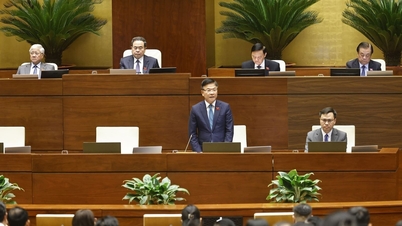

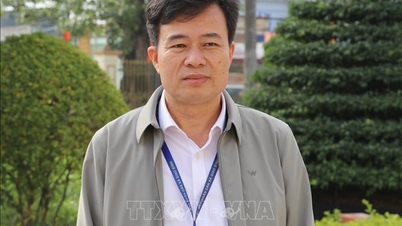
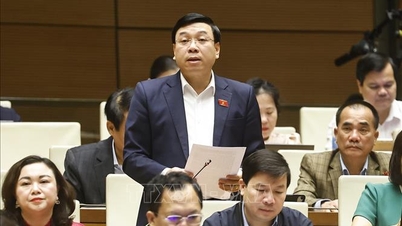
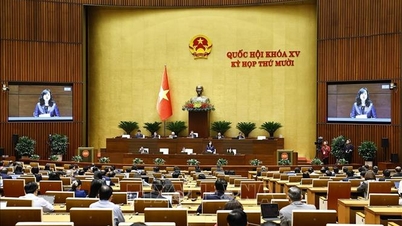
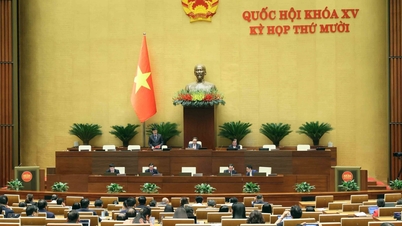
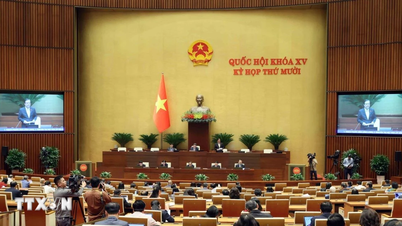




















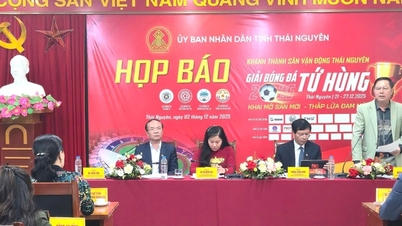


![[Video] Protecting World Heritage from Extreme Climate Change](https://vphoto.vietnam.vn/thumb/402x226/vietnam/resource/IMAGE/2025/12/03/1764721929017_dung00-57-35-42982still012-jpg.webp)
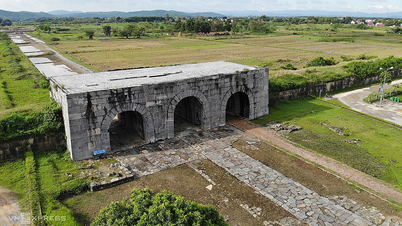





































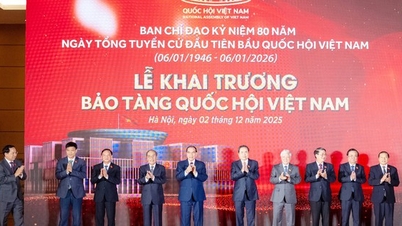


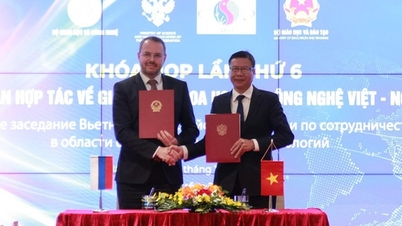


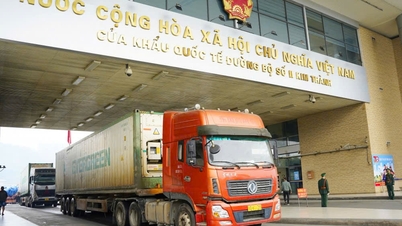

























Comment (0)